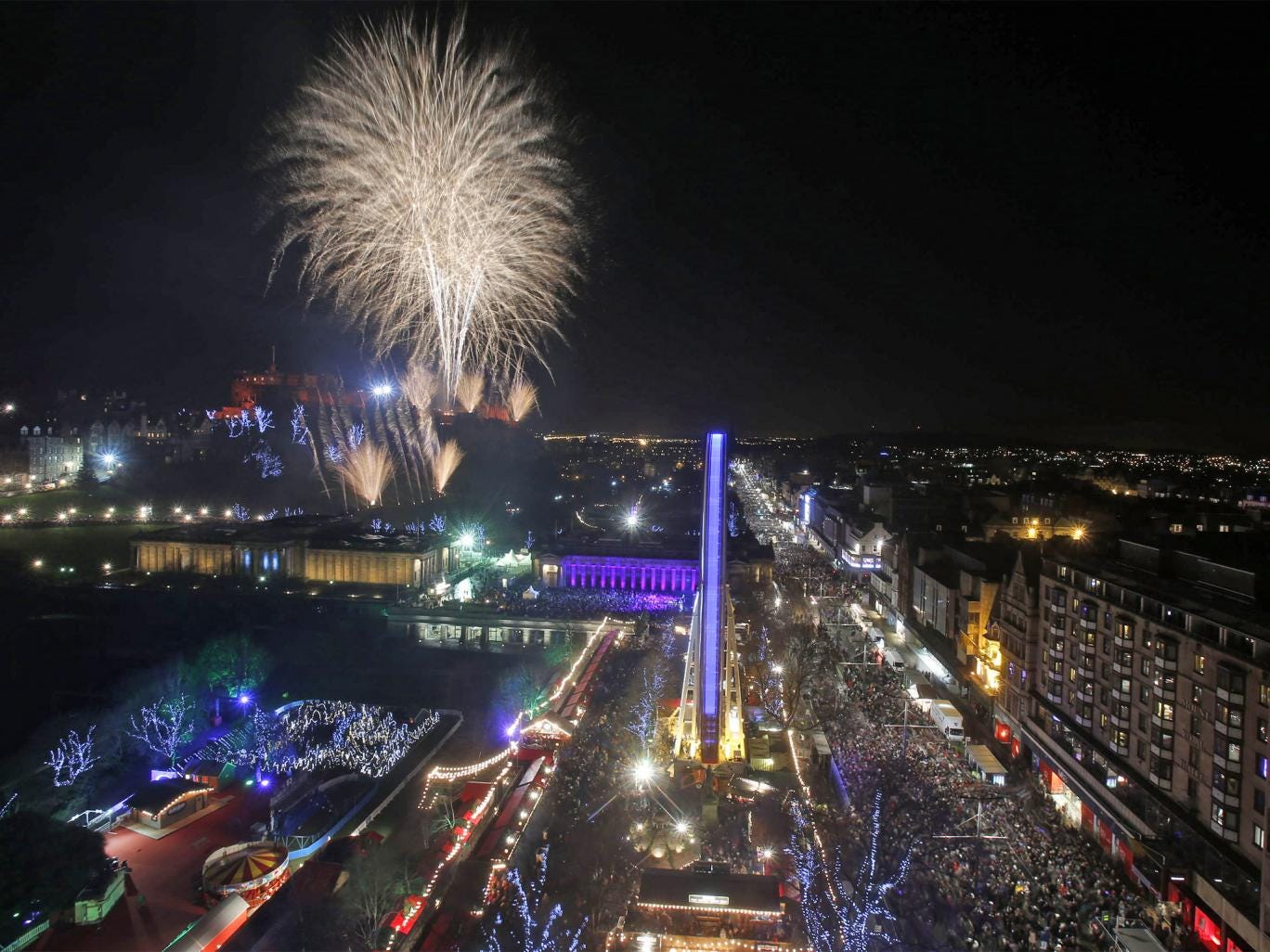New Year’s Eve: The scientific reason why it is generally terrible
Research done by a team of psychologists and economists on how we experience happiness actually offers an explanation. In a 1999 study called “The pursuit and assessment of happiness can be self-defeating,” Jonathan Schooler, now of the University of California Santa Barbara, Dan Ariely of Duke University and George Loewenstein of Carnegie Melon offer evidence that those who plan to have a great time on New Year's Eve are likely to be the most miserable of all.
In the weeks leading up to New Year’s Eve, the researchers surveyed 475 people about their plans for the night – whether they would celebrate, how big the party would be, how much time and money they would spend on the preparation, and how much they expected to enjoy it. Then they contacted the same people several weeks after New Year’s Eve and asked them the same questions again.
The study found that an overwhelming 83 percent of those they surveyed ended up being disappointed with their New Year’s Eve celebration. And the people who were the most let down were those with the highest expectations.
Those who were expecting to attend a big party on New Year’s Eve ended up being the most disappointed, followed by those who planned a small party, followed by those who had no plans to celebrate. Similarly, those who had anticipated enjoying New Year’s Eve and expected to spend time on preparations for the event were significantly more likely to say they were disappointed afterwards.
Science News
![Science News]() Reviewed by Unknown
on
19:15:00
Rating:
Reviewed by Unknown
on
19:15:00
Rating:


No comments: